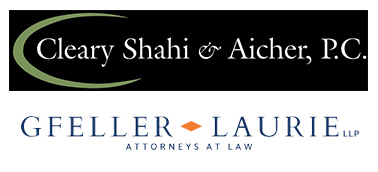June
2016
NJ: Insurance Fraud Conviction Upheld Even Where No Payment Is Made
State v. Goodwin, 224 N.J. 102 (2016). The New Jersey Supreme Court held that a person can violate the state’s insurance fraud statute even if he does not succeed in persuading an insurer to pay the fraudulent claim. In 2009, defendant Robert Goodwin was involved in a romantic relationship with two women, “Stacey” and “Linda.” During April of that same year, Stacey purchased a $6,000 SUV, insuring the vehicle with Progressive. Shortly after, Goodwin and Stacey got into an argument and Goodwin secretly drove the SUV to Linda’s apartment where he stayed the night. The next morning Goodwin and Linda discovered the car had been severely damaged, as it appeared someone had lit it on fire. Goodwin called Stacey and told her the car had been stolen and “burnt up,” and advised her to call the police. Goodwin later lied to an officer about where he parked the car and that it had been stolen in an attempt to prevent Stacey from discovering the truth. Progressive ultimately denied Stacey’s claim as a result of Goodwin’s misrepresentations. At trial the jury was instructed that a person is guilty of insurance fraud if he “knowingly makes a false or misleading statement of material fact” regarding a claim, and Goodwin was convicted. The Appellate Division reversed the conviction because Progressive had been aware that the car was never stolen and therefore refused to pay the claim. The Supreme Court agreed with the trial court that Goodwin was guilty regardless of whether Progressive had actually paid the claim.





